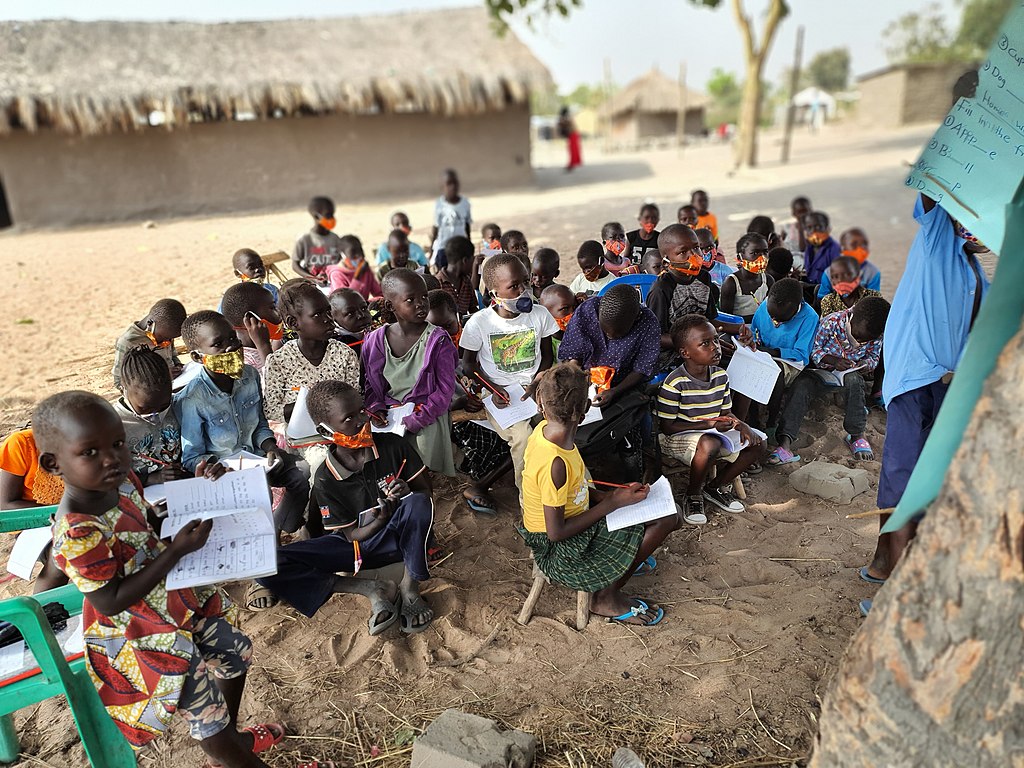Many people in Sierra Leone face very difficult economic problems. A large number of young people cannot find steady work. Poor communities are also affected by climate change, floods and loss of land. In this context, some refugees or migrants are especially at risk of being exploited.
One way people are exploited is through false promises of good jobs abroad. Fake recruitment agents or traffickers advertise work in places such as the Middle East. They promise jobs as domestic workers, hairdressers, maids, teachers or in hospitality or construction. The adverts often appear on social media or in local posts.
These agents often charge large sums of money up front. That amount may cover recruitment fees, forged documents, travel costs, or both. Many migrants borrow or sell property to raise that money. Some never receive the jobs they were promised.
Even when people do travel abroad, life is often much harder than they expected. Their passports may be taken away by their employers. They may be forced to work for little or no pay for long hours. Some report sexual abuse or worse if they try to resist or complain.
Women and young people are especially vulnerable. Some women are misled and believe they will work in safe conditions, but end up in dangerous ones or with abusive employers. Others face both forced labour and sexual exploitation in transit countries or after they reach their destination.
Refugees or returnees who try to come back to Sierra Leone often face debt, shame or lack of support. Some have had to pay back loans or debts to their families or lenders. Others find it hard to reintegrate or to share their experiences because they fear stigma.
There are laws in Sierra Leone to combat trafficking and migrant smuggling. In 2022 the Anti-Human Trafficking and Migrant Smuggling Act was passed. There are also some return and reintegration support programmes run by the government with help from international organisations.
Yet challenges remain. Enforcement is often weak. Many traffickers and recruiters are informal and hard to trace. Many job seekers do not have reliable information about what conditions they will face abroad. Poor oversight of employers in other countries, and legal protections that are weak or poorly enforced, make it easier for abuses to continue.
By Amina Kamara


